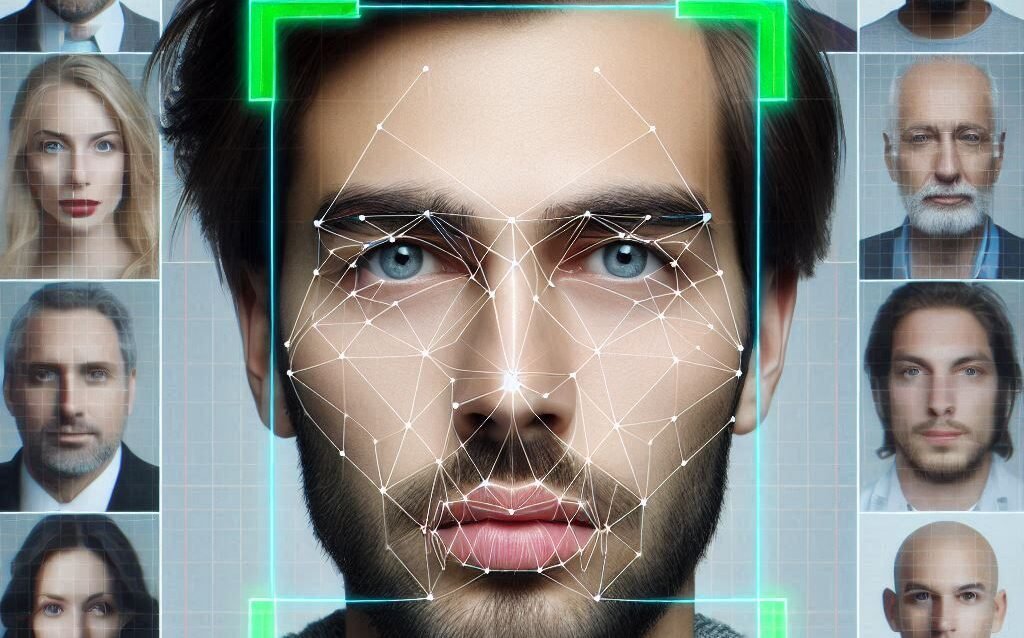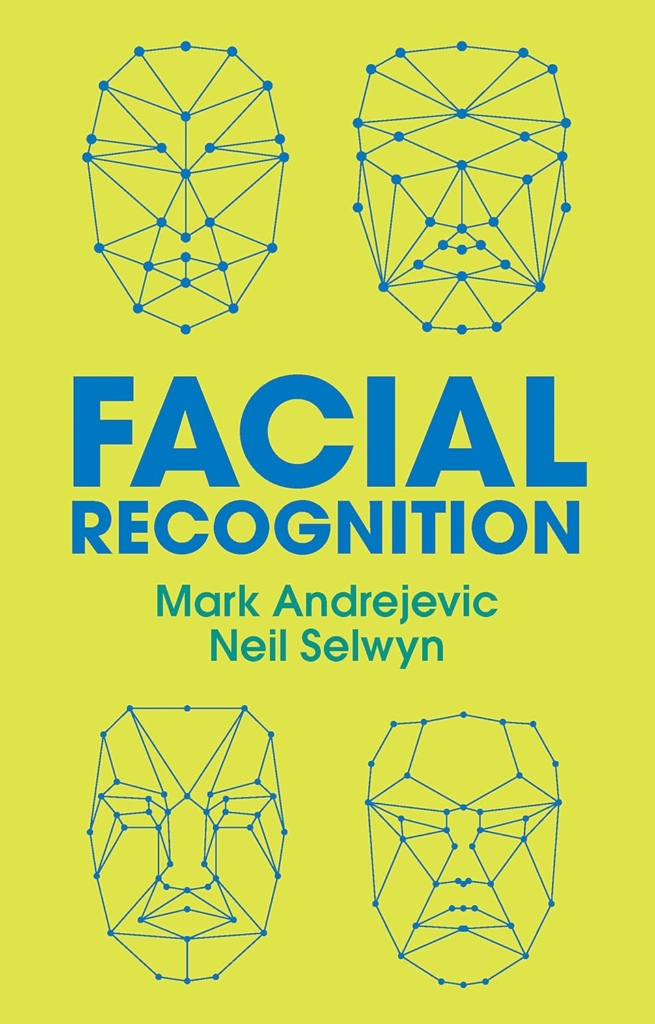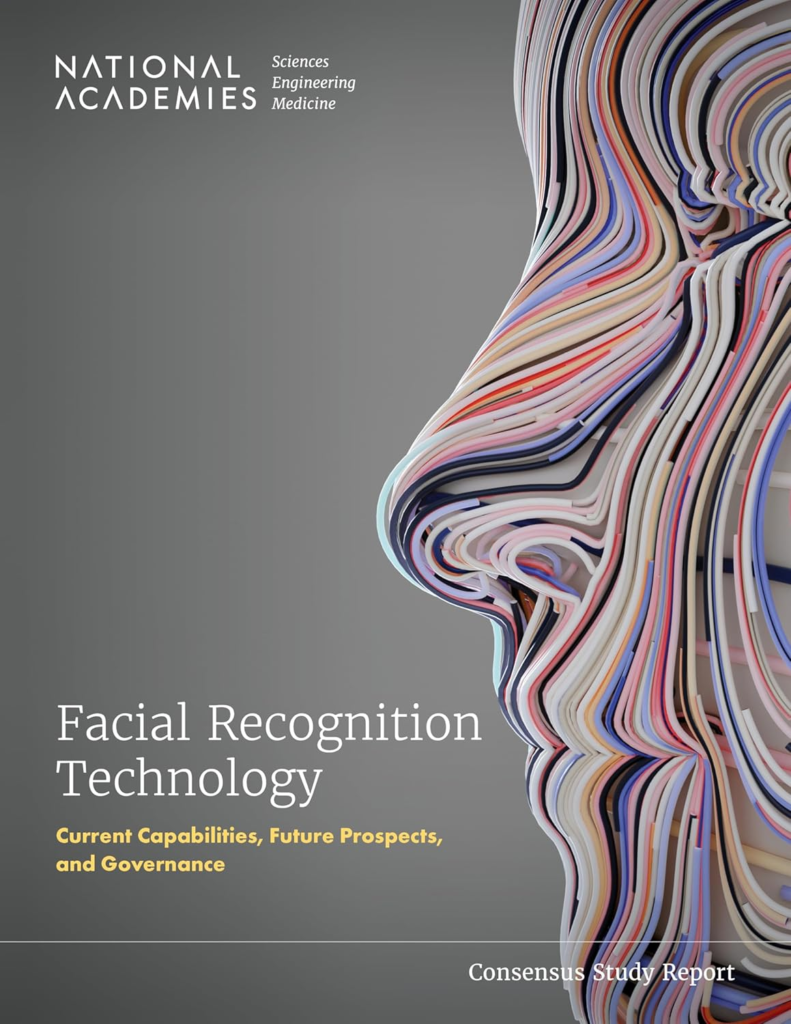Celebrity image fraud refers to the deceptive practices that manipulate or exploit the likeness of well-known individuals, often leading to significant consequences for both the celebrities involved and the general public. One of the most prevalent forms of such fraud involves the creation of deepfakes, which are realistic synthetic media generated using artificial intelligence technology. These deepfakes can fabricate video or audio portrayals of celebrities, creating scenarios that are entirely fictitious, thus misleading viewers and tarnishing the individual’s reputation.
Another aspect of celebrity image fraud is the unauthorized usage of images. This can occur when individuals or organizations use a celebrity’s likeness without permission for promotional purposes, thereby profiting from the celebrity’s brand without compensation. This misappropriation not only impacts the financial earnings of celebrities but also infringes upon their right to control their own image, leading to potential legal disputes.
Malicious impersonation is yet another facet of celebrity image fraud. This could involve the creation of fake social media profiles or websites that claim to represent a celebrity, often with the intent to defraud fans or endorse products misleadingly. Such actions jeopardize the trust that fans place in their favorite figures and can result in confusion within the public regarding the authenticity of content related to these celebrities.
The implications of celebrity image fraud extend beyond the individuals involved. When fraudulent activities proliferate, they contribute to an erosion of trust in digital media as a whole. Fans may become skeptical of the authenticity of online content, leading to a broader cultural shift where the distinction between reality and fabrication becomes increasingly blurred. This tenuous landscape underscores the need for robust measures to combat such deceptive practices, thereby safeguarding not only the reputations of celebrities but also the integrity of digital interactions in general.
(Purchase today by clicking on the image)
Meta’s Initiative and Technology Overview
Meta has recently launched an initiative aimed at addressing the growing issue of celebrity image fraud, leveraging advancements in facial recognition technology as a primary tool. This initiative arises from the increasing prevalence of unauthorized use of celebrities’ images and identities online, which can result in significant reputational damage and financial loss. By employing sophisticated facial recognition algorithms, Meta intends to provide a robust solution that can accurately detect and authenticate images featuring public figures.
The technology at the core of this initiative utilizes deep learning techniques, enabling the system to recognize specific facial features and patterns unique to an individual. Through an extensive dataset of verified images, the facial recognition system can distinguish between legitimate uses of celebrity images and potential fraudulent activities. Meta aims to integrate this technology within its platforms, allowing for real-time monitoring of content that includes celebrity imagery, thereby enhancing accountability and raising the bar against misuse.
Moreover, Meta’s plan includes collaboration with stakeholders in the entertainment industry to bolster the effectiveness of its facial recognition system. By working closely with rights holders and legal experts, Meta can better navigate the complex landscape of intellectual property rights and privacy laws. Despite the promising benefits, this approach does not come without ethical considerations. The deployment of facial recognition technology raises significant privacy concerns, as individuals may feel uncomfortable with the idea of their likeness being monitored and analyzed without explicit consent.
The initiative aims not only to combat fraud but also to foster a safer digital environment, where the integrity of personal images is respected. As Meta moves forward with this technology, addressing the concerns surrounding data privacy and ensuring transparent practices will be paramount in balancing the interests of celebrities, users, and the broader public. The expected outcomes extend beyond mere fraud detection, seeking to cultivate trust and responsibility in the digital landscape.
Real-World Applications and Case Studies
Facial recognition technology has emerged as a pivotal tool in combating the alarming rise of image fraud, particularly concerning celebrities whose likenesses can be easily manipulated or misused. Meta, a leader in social media innovation, has begun implementing sophisticated image recognition algorithms to track the unauthorized use of celebrity images across its platforms. This proactive approach not only safeguards the integrity of public figures but also upholds the trustworthiness of the platforms themselves.
One notable instance of success can be observed with Meta’s collaboration with various legal agencies to identify and prosecute individuals involved in distributing fake or altered images of celebrities. A prominent case involved a notorious hacker who created a series of fictitious profiles featuring well-known actors, using their images to solicit financial support from unsuspecting fans. Utilizing facial recognition technology, Meta was able to scan through millions of images, flag suspicious profiles instantly, and work with law enforcement to bring the perpetrator to justice.
Furthermore, Meta has joined forces with influencers and content creators to educate them on the potential risks associated with image fraud. By sharing success stories and best practices, the initiative has fostered a community that is more aware of the threats posed by digital manipulation. For example, several TikTok influencers reported increased protection against image theft after implementing recommended security measures, which were bolstered by Meta’s real-time monitoring systems that utilize facial recognition to identify unauthorized usage.
These real-world applications underscore the effectiveness of facial recognition technology in the ongoing battle against celebrity image fraud. As Meta continues to refine its strategies and expand its partnerships, the results thus far demonstrate a promising shift toward a more secure digital landscape for public figures and their intellectual property.
The Future of Digital Identity and Image Protection
As Meta advances its facial recognition technology, the future of digital identity protection is poised for significant transformation. The implications of these developments extend beyond mere technological innovation; they herald a paradigm shift in how digital identities, particularly those of celebrities, are protected against manipulation and image fraud. With the rise of deepfake technology and other deceptive practices, ensuring the authenticity of digital representations is becoming increasingly vital.
One critical aspect to consider is the potential for more stringent privacy regulations. As concerns about personal data security grow, governments and organizations may implement stricter guidelines governing the use of facial recognition technology. This regulatory environment will necessitate a balance between leveraging technology for safety and protecting individual privacy rights. In this landscape, Meta’s proactive approach could serve as a benchmark for the industry, with celebrities and other public figures advocating for robust data protection measures.
Additionally, the evolving landscape of celebrity image management is vital to observe. Social media platforms will likely evolve their policies, creating tools that empower individuals to control their digital likenesses. This empowerment can mitigate risks associated with image fraud, where unauthorized use could lead to reputational damage. Furthermore, celebrities may increasingly rely on advanced technology to monitor and verify the authenticity of imagery shared online, fostering a culture of accountability in the digital space.
Overall, as technology continues to advance, adaptation is crucial for all stakeholders involved. Celebrities, legal experts, and industry leaders must collaborate to establish comprehensive strategies for safeguarding digital identities. By embracing innovations like Meta’s facial recognition technology, the entertainment industry can better protect its members and uphold the integrity of their digital representations.
(Purchase today by clicking on the image)






